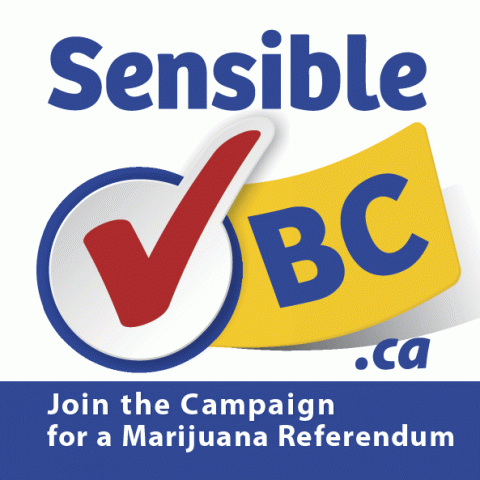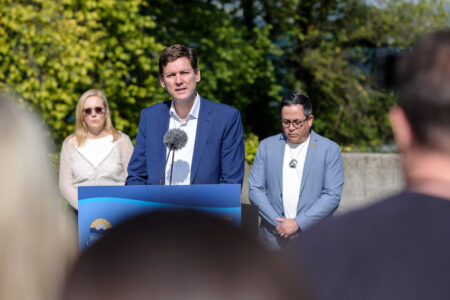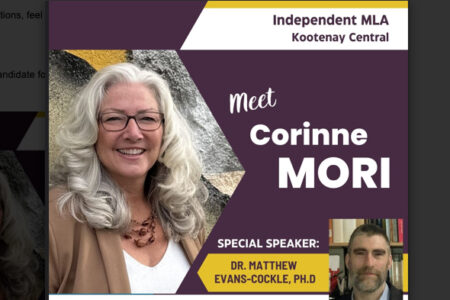Sensible BC initiative, Nelson-Creston: The Perfect Storm
By Suzy Hamilton, The Nelson Daily
You may have laughed at all the little old ladies, but they put Nelson Creston on the top of the heap in the Sensible BC campaign to decriminalize marijuana.
After a 90-day campaign that ended December 3, 20 ridings collected more than the ten percent of registered voters’ signatures needed to qualify for a public vote , while five ridings almost made it, 23 ridings gathered more than 5 percent and 37 ridings were under five percent (http://sensiblebc.ca/final-tally-by-district/).
Nelson Creston led the way with 16 percent.
“It was the perfect storm in Nelson Creston with people passionate about the issue and great organization,” said Sensible BC provincial campaign organizer Tammy Lea Meyer from the Vancouver office.
But it was not enough provincially to bring about a referendum on a Sensible Policing Act which would decriminalize possession of marijuana and work towards legalizing it.
To succeed, 310,000 signatures were needed which was 10 percent of the registered voters in each of the 85 ridings. Two thirds of the goal—210,000—were gathered by canvassers.
“I’m quite disappointed that the outcome has been characterized as a failure,” said Meyer. “I think it has been a remarkable success.
“Without question, we needed more people on the ground earlier in the campaign,” she said.
Meyer believed the outcome was not due to lack of support, but rather lack of volunteers to gather signatures in the amount of time given.
“It was all about people on the ground with strong organization. The polls show that at least 70 to 80 percent of British Columbians support decriminalization,” Meyer said.
In Nelson, many of those people were senior women, said Nelson organizer Herb Couch.
“That was for a number of reasons,” he said. “First, they tend to be registered voters. And they’ve been around long enough to see that prohibition hasn’t worked. They’re concerned that their children and grand children don’t have criminal records. And they’ve got more medical issues,” said Couch.
“This was a step forward, not the great step I wanted to see, but it bodes well for the future,” he said, noting that similar referendums failed in Washington and Colorado states before the voters legalized cannabis in the last state elections.
Couch said the campaign started with 1,500 volunteers and ended up with 4,000. “Next time we’ll have a team in place.”
The next campaign, he said, will improve on helping people, especially younger voters, to register to vote. According to Couch, Canada has the highest rate of young cannabis users among the industrialized nations.
Meyer said education was a key component of the campaign and will continue. “We need to educate people on the electoral process, democracy, and the issue itself,” she said.
“We’re going to debrief to see what went right and use the appreciate inquiry approach,” she said. “That’s a style of development to see what worked best, rather than what didn’t, and how do we use it.”
Overall, the campaign cost roughly $400,000, she said, with Terrace BC lottery winner Bob Erb donating three quarters of the funding with $300,000.

























